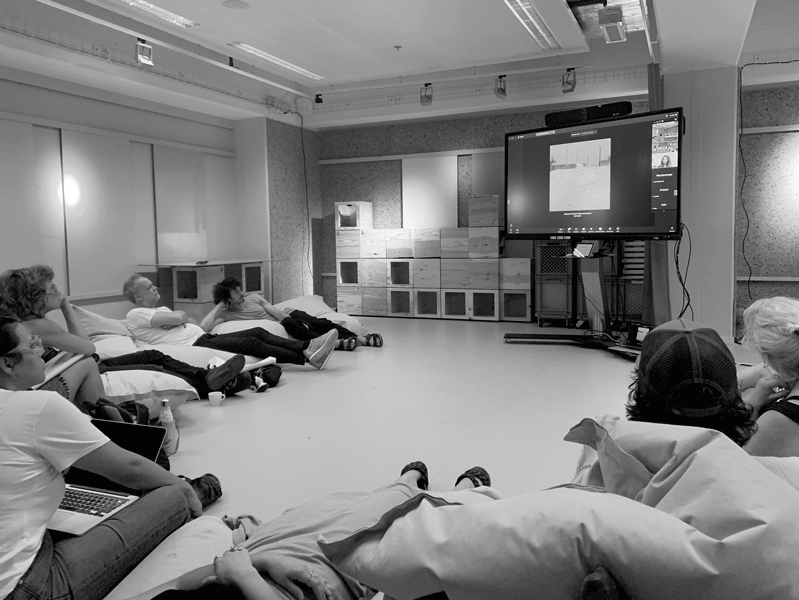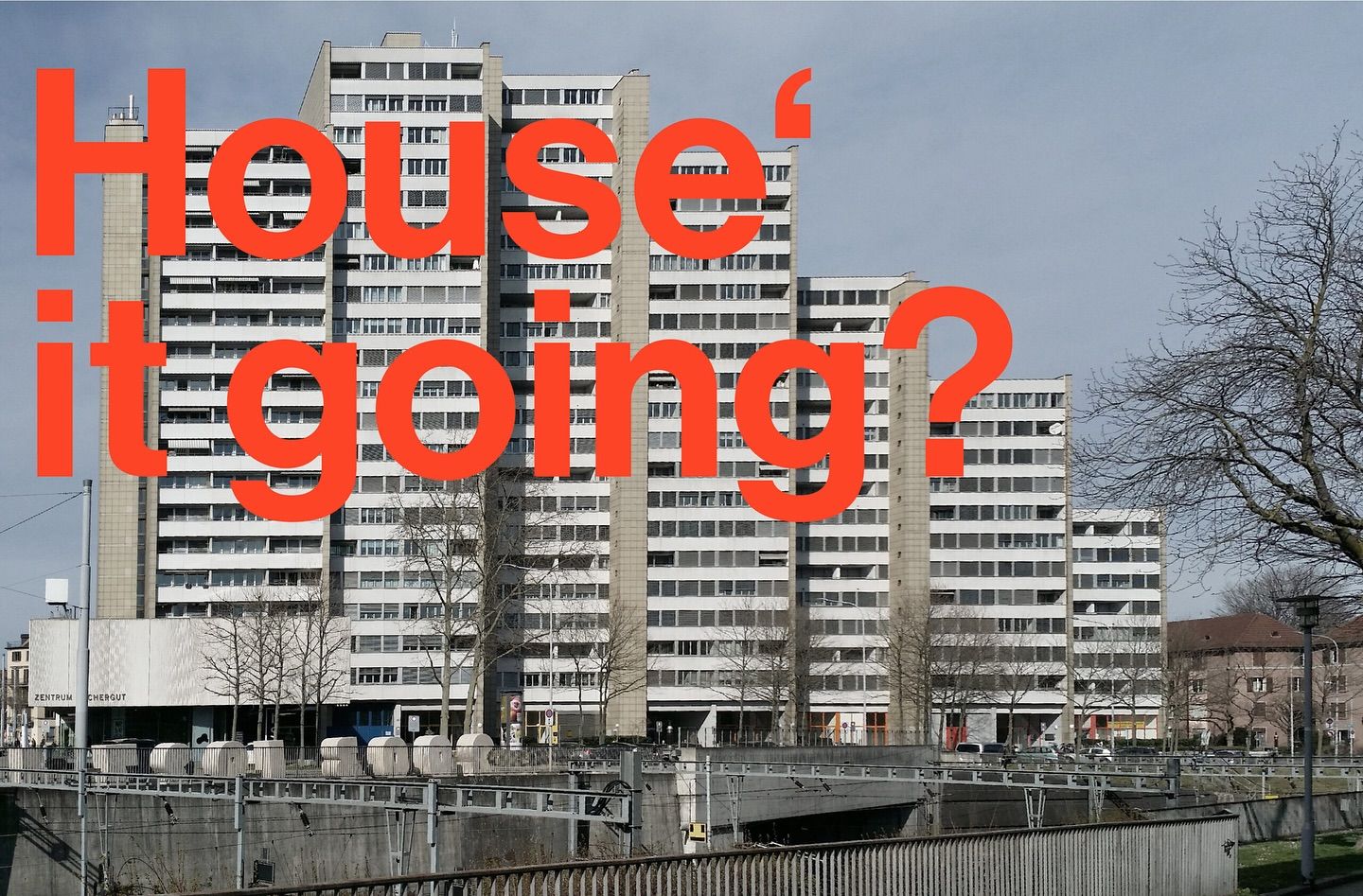Access to housing is a fundamental aspect of our lives, shaping our living conditions and connection to the city we inhabit. The right to housing is not only a matter of social justice but also takes on new urgency in the face of the climate crisis, which exacerbates the pressing global housing crisis. This crisis is intricately linked to the environmental impact of housing and construction, including skyrocketing land prices, the financialization of the real estate market, migration patterns, and rising construction costs. However, in this era of climate crises, we must question the sustainability of our construction practices, given that the construction industry is responsible for about 40 percent of total raw material consumption and generates a staggering 88 million tons of CO2 emissions annually in Germany alone.
We aim to explore contemporary housing production and its profound impact on society, especially within the context of the climate crisis. We seek to redefine housing as an essential and communal good. Housing is a central societal issue that not only leads to individual crises but also weakens social cohesion on local and global scales. To understand this issue comprehensively, we will conduct international and interdisciplinary research into political and financial power dynamics, examining their influence on regional, national, and international contexts. The housing crisis, exacerbated by climate change, is one of the most pressing global challenges requiring our collective attention.
We will use Zurich as a case study, examining specific legal and political frameworks and involving various stakeholders through Participatory Action Research (PAR), Mapping and Visualization Tools, as well as openly sharing formats. We intend to merge localized and global perspectives, drawing lessons from worldwide experiences to develop effective strategies for addressing the housing crisis in Zurich and other similarly affected cities. Our research aims to identify actionable steps to address the housing crisis within our community. We will connect with individuals and organizations across society, politics, and practice already engaged in this issue. Recognizing the extensive nature of the housing crisis, our approach involves transparent knowledge sharing to make complex data more accessible, empowering communities to take informed action independently.


